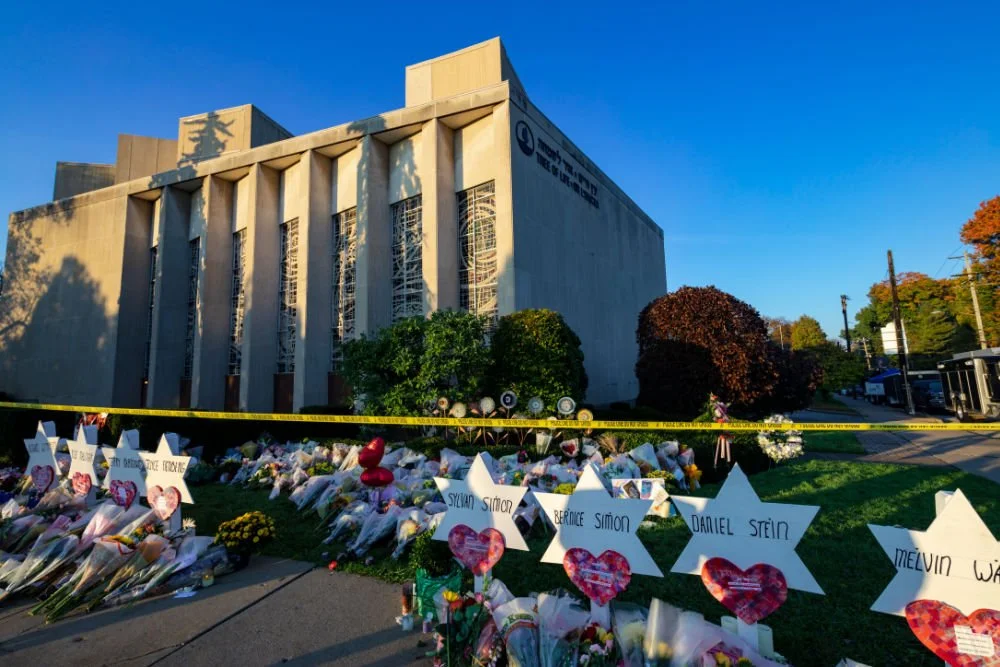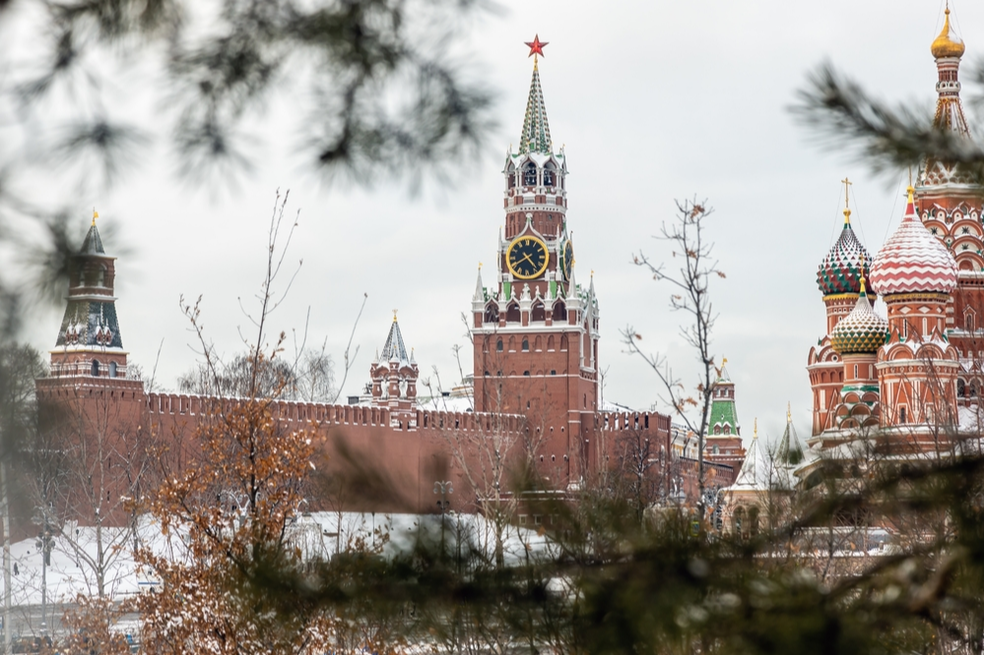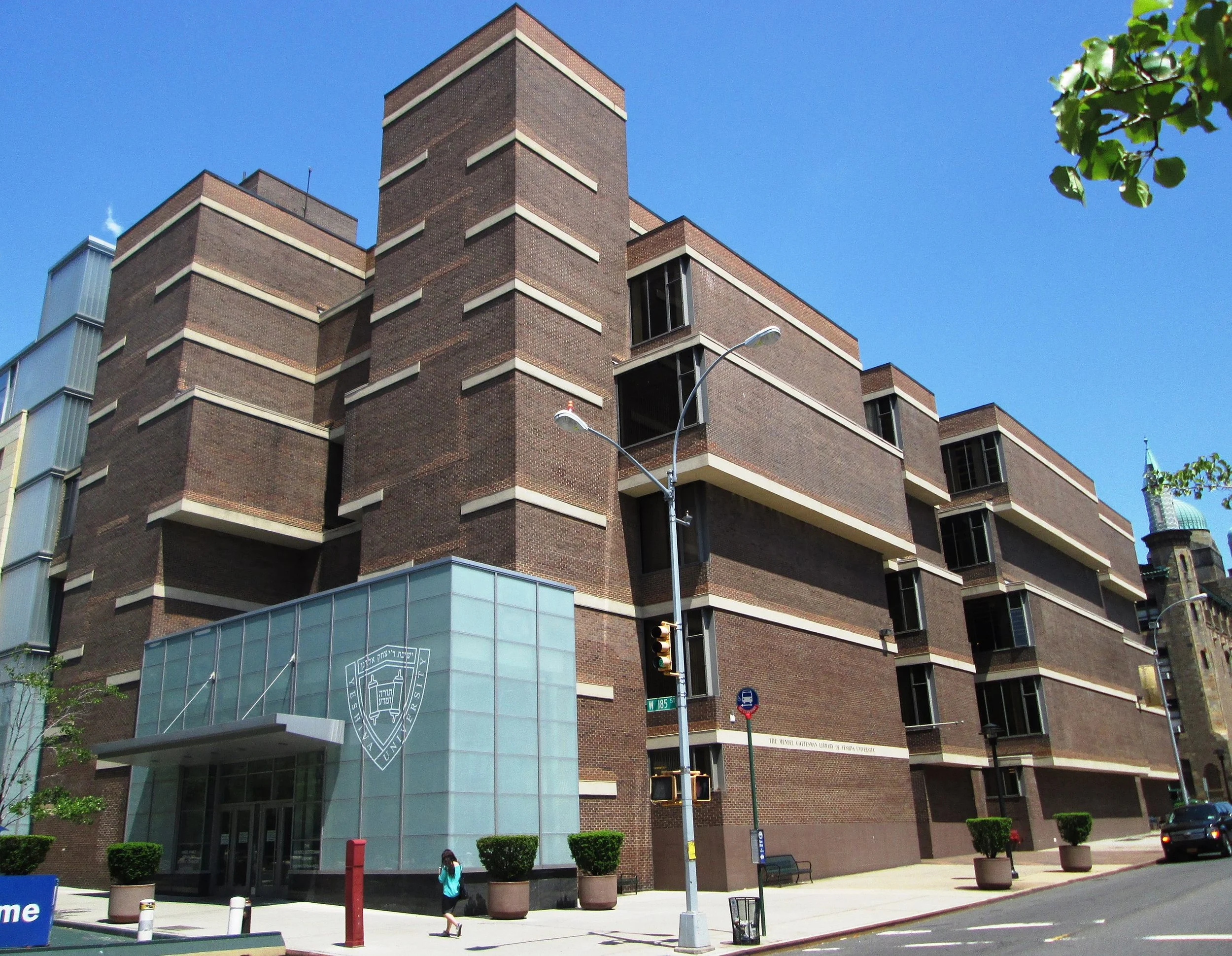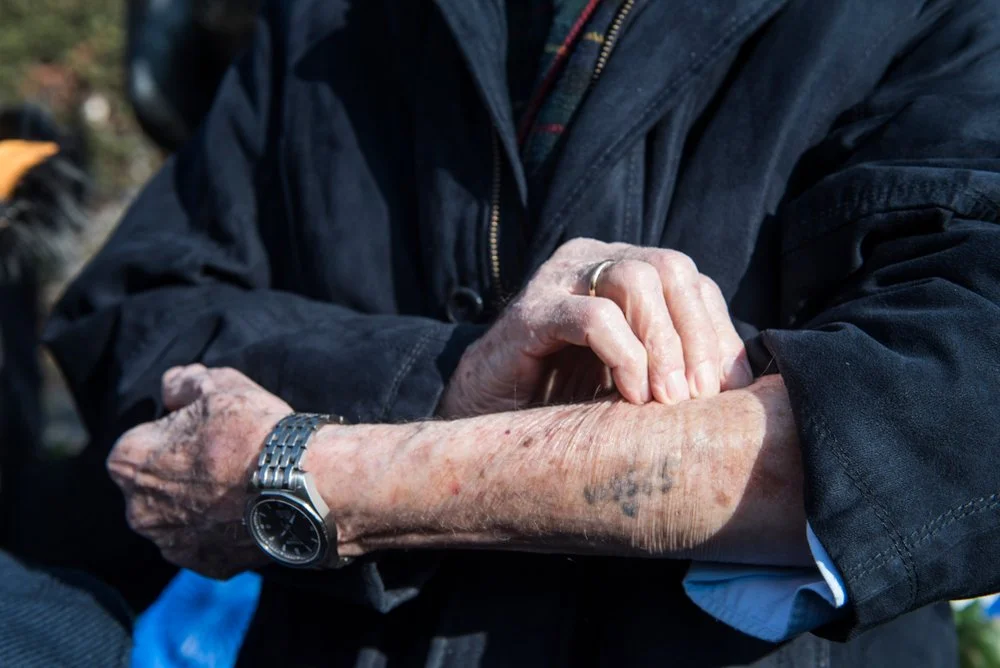With an Eye on History, a Couple Gives to Organize and Train Reform Jews to Stand Up for Immigrants
/Jill and Peter Kraus
Jews know what it is to be immigrants, chased out of countries and states including pre-state Israel, Spain and Western Europe. So it’s no surprise that advocating on behalf of immigrants and refugees has been a major focus for several Jewish groups since Donald Trump’s election.
Organizations including the traditionally immigration-oriented HIAS, T’ruah: The Rabbinic Call for Human Rights, and any number of individual synagogues have made the issue a priority.
Now, the Reform movement is formalizing its involvement with a new project called the Gilbert and Eleanor Kraus Initiative for Immigrant and Refugee Justice, to be based at the Union for Reform Judaism. It was announced on the eve of Holocaust Memorial Day, which falls this year on May 2—today—and is funded by a $1 million multi-year grant from New York City-based Kraus Family Foundation.
The Kraus Family Foundation is piloted by Peter and Jill Kraus, who named the new initiative for Peter’s grandparents. They were a Philadelphia couple when, bucking the intense American anti-Semitism of the 1930s and pressure to avoid doing anything that would draw attention to the Jewish community there, they rescued 50 children in 1939 from Nazi-occupied Vienna and Berlin.
Gilbert Kraus was a major labor lawyer and publisher of the Philadelphia Ledger. Members of the Philadelphia Jewish community, fearing an anti-Semitic backlash, warned Peter’s grandfather that his businesses would face ruin if the couple pursued its plan. They did it anyway.
Until 15 years ago, Peter had never heard anything about this episode—until his father gave him a memoir written by his own mother about their rescue operation.
Gilbert and Eleanor, risking their livelihoods, campaigned for the U.S. government and German and Austrian governments to permit these children to emigrate—and at a time when the Nazi campaign was ramping up and Jews wanted only to leave Austria and Germany, Gilbert and Eleanor went to Vienna and Berlin.
American immigration laws at the time were so rigid that it was virtually impossible for European Jews to enter.
Gilbert and Eleanor persuaded parents to trust them with 50 of their children, who they placed with foster families once in America. Many—but not all—of the children’s parents were later able to obtain their own visas to the U.S. and reunite with their children.
On a personal note, my own father circumnavigated the globe with his parents as a four-year-old, heading east from Germany, to reach America. Italy had declared war on the Allies just a week earlier, and so they could not embark on the Atlantic passage by ship for which they had tickets. They left in June 1940—when about two-thirds of German Jews had already fled for other countries—escaping a year before the Nazi regime prohibited any Jewish emigration. They traveled by train, sharing one suitcase, and then by ship to Seattle. They left behind my grandmother’s mother, who had a visa to Trinidad—she was not granted one to the U.S., where her other daughter already lived. My great-grandmother was arrested by the Nazis soon after her daughter and grandson left, and murdered in a death camp.
Immigration policies in place today in the U.S. remind the Krauses of what those desperate parents and their children faced 80 years ago.
Peter Kraus told Reform Judaism magazine, “I find this anti-immigrant sentiment a little bizarre, considering that our country, at its inception, was a receptacle for immigrating people who would arrive on these shores to start a new life. The initiative we are creating is really a continuation of America’s time-honored immigration process; from time to time, it gets interrupted and needs a push. This is one of those times.”
Jill Kraus explained, “The policy of yanking children from their parents at the border sent us into a total tizzy.”
The Kraus gift has enabled the URJ to hire someone to run the initiative, which will:
Organize Reform congregations and youth programs to help them provide assistance for young immigrants, refugees, asylum seekers, and their families
Train Reform Jews to impact public policy on the federal, state, provincial and local levels through a coordinated network
Educate the public and communicate about current issues related to immigrants, refugees, and asylum seekers
Provide micro-grants to congregations and youth programs to act and advocate for young immigrants, refugees, asylum seekers and their families
Further expand the work of the Religious Action Center of Reform Judaism (the RAC), based in Washington, D.C., which has long led the movement’s immigrant and refugee justice efforts
Immigration is a new focus for the Krauses.
Peter Kraus long worked for Goldman Sachs, and served as chairman and CEO of AllianceBernstein from 2008-2017. In 2018, he founded asset management firm Aperture Investors, where he is chairman and CEO.
He and his wife are among the world’s leading collectors of contemporary art. Peter is chair of the board of overseers for CalArts, a private art school in Santa Clarita, California, and has served on the board of directors of Lincoln Center. Jill has for several years served as chair of the Public Art Fund, which mounts major installations in places like Central Park and Brooklyn Bridge Park.
In 2016, the Kraus Family Foundation reported assets of about $8.5 million, according to the most recent tax filing publicly available.
Peter Kraus told Reform Judaism magazine that he hopes that individual Americans will act against the severely restrictive and punishing immigration policies currently in place.
“Jill and I are trying to say with regard to this gift (that) the power of everyday individuals” needs to be recognized, he told Reform Judaism.
“The more we everyday individuals commit to being part of the immigration process, the more successful our country will be in finding an answer to the trauma that is being visited upon refugees.”







































